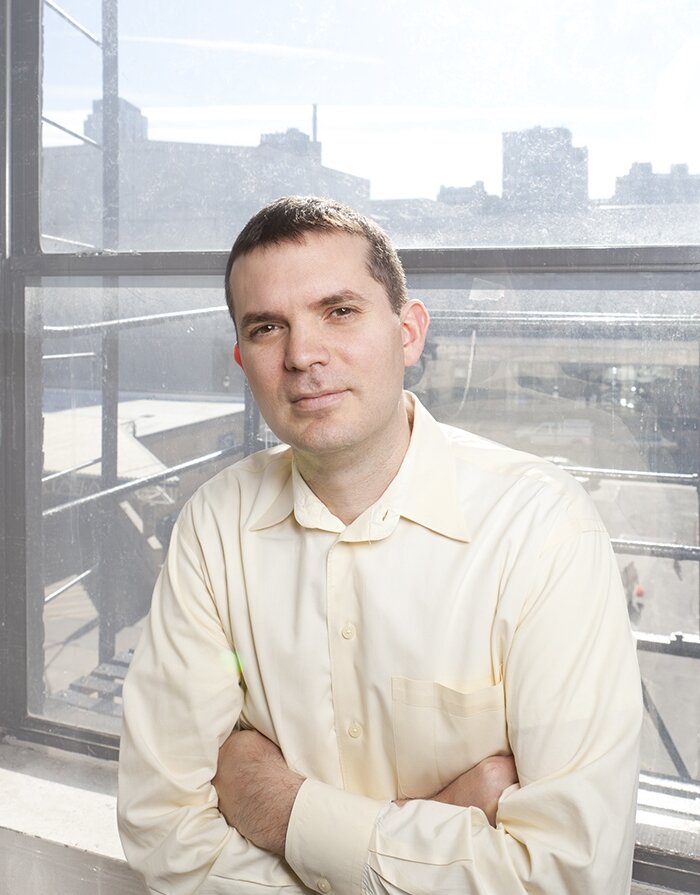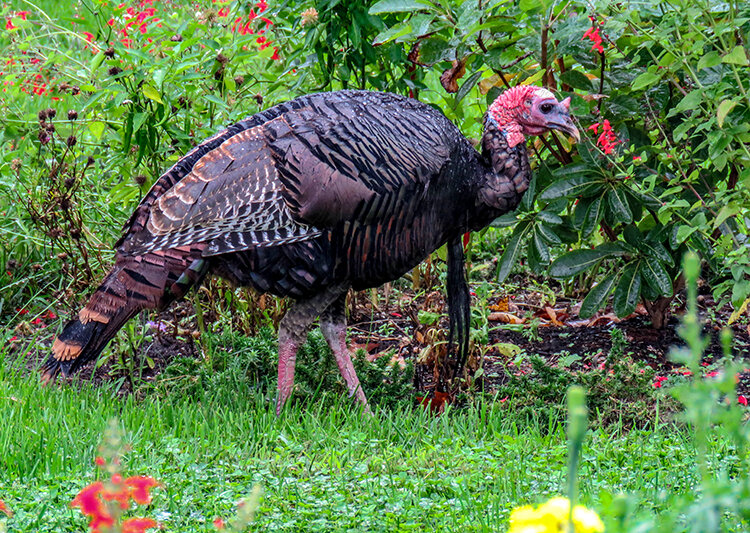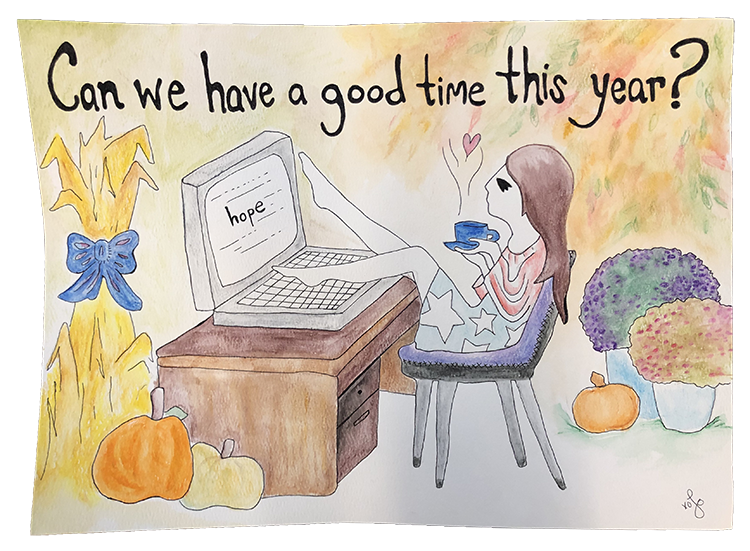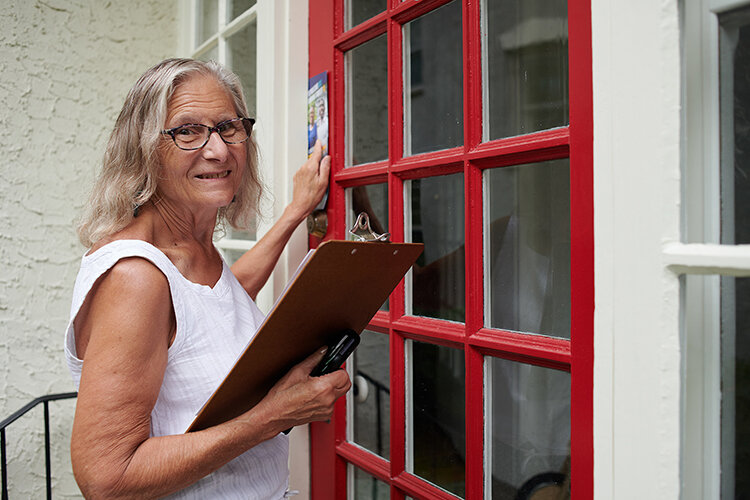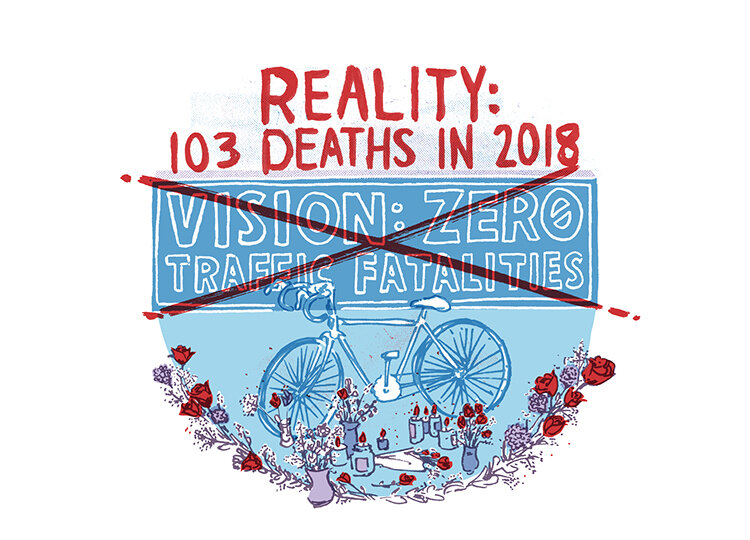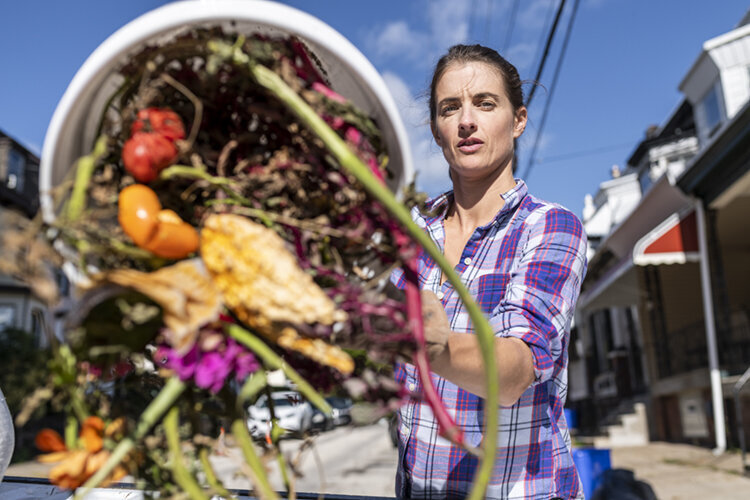“The test of a first-rate intelligence is the ability to hold two opposed ideas in mind at the same time and still retain the ability to function.” –F. Scott Fitzgerald
I believe in the eureka moment: the experience of discovering something about the world or yourself that changes everything. This magazine has sought out those stories since its inception, and this month is no different. All of the women featured in the cover story launched their composting businesses because they want to make a difference and do something positive. And composting is hard to beat when you are looking to do something good. What was seen as trash is reclassified as “organic waste.” In the landfill, discarded food emits methane, a potent gas which exacerbates climate change; in a compost pile, it turns into fertile soil. It is inspiring and heartening that these businesses are popping up—and it’s also encouraging to see women, who are not a significant part of the corporate waste industry, leading the charge. A shout-out should also be given to the customers. They are paying a fee to have a compost bucket when they could put their food waste in the garbage and have it taken away for free.
The combination of entrepreneurs and a customer base willing to pay for this service is a byproduct of increasing awareness about climate change and the environment. Twenty years ago, this business model would have been impossible to imagine.
And yet, a recent interactive article in The New York Times, “The Most Detailed Map of Auto Emissions in America,” illustrates how, despite all of this environmental awareness, things keep getting worse. Auto emissions for U.S. cities, as well as individuals, are measured comparing this year with 1990, and the picture it paints is bleak.
In Philadelphia, auto emissions are up 9 percent per person, and overall 22 percent. Some might find the first number somewhat comforting compared to a city like St. Louis, where per person auto emissions are up 50 percent. But, really, that number is practically meaningless. It won’t matter to people with asthma, and it won’t affect the bottom line with carbon emissions. Our collective action is what counts.
The cognitive dissonance of these two realities—that optimism and pessimism are both warranted—is what brought the Fitzgerald quote to mind. I want to (and do) feel inspired by the growing environmental movement, but I also make myself look at the reality that is so disconcerting. Today, the environmental movement is winning battles but losing the war. I think recognizing this might initially knock the wind out of our sails, but it should also embolden us. Upend your life and take a chance. Go vegan, quit flying. Start a business, run for office. Hope is not a strategy, and we need to take action. And we have no time to lose.


